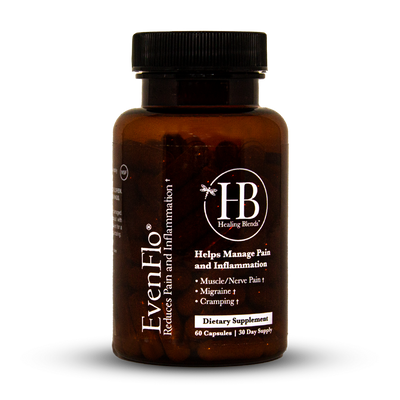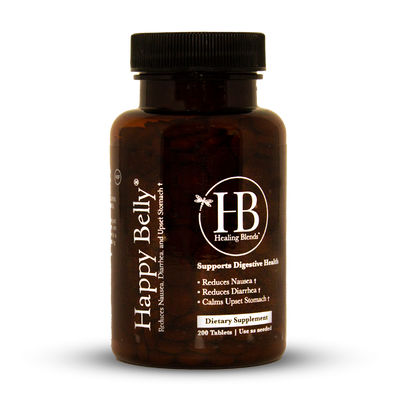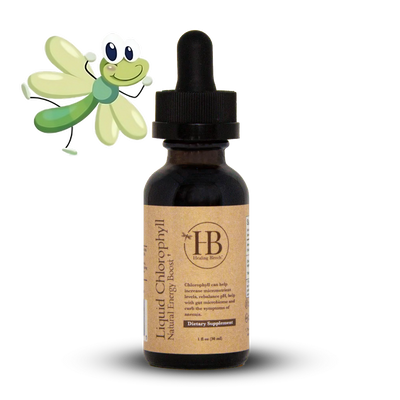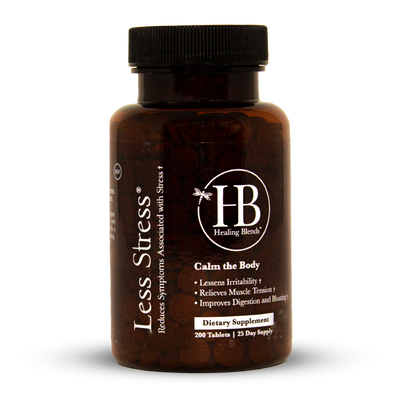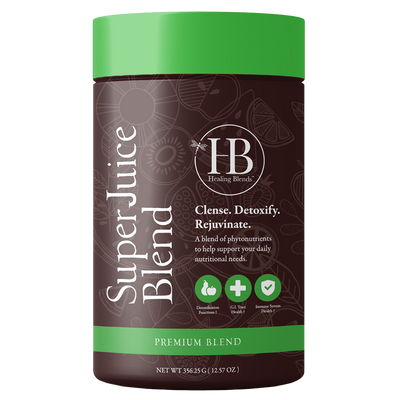Why Won’t My Cold/Flu Symptoms Go Away?
Do you ever feel tired or weak after getting over a cold or the flu? You find you’re asking yourself, “Am I ever going to feel normal again?” If you have lingering symptoms that have lasted for weeks, you may be suffering from post-viral fatigue syndrome. While it is not often diagnosed by doctors, post-viral fatigue syndrome (PVFS) is a common occurrence, especially after a lengthy illness.
You might have PVFS if you suffer from some of the following symptoms:
- Fatigue (unusually weak, constantly tired, lack of energy)
- Trouble concentrating
- Sleep disruption
- Weight loss
- Joint and muscle pain
- Fever and chills
- Swollen and painful glands
Other symptoms of PVFS include:
- Muscle twitching
- Memory loss
- Inability to properly regulate body temperature
- Heart palpitations
- New allergies or sensitivities
- Optical disruption
- Irritable bowels
- Headaches, sore throats, and swollen glands
- Weakened immunity
- Confusion
- Dizziness
Generally, PVFS lasts for a few days after a viral infection. Most of us will experience some extent of this syndrome after certain colds and flus, because our bodies need to recover after fighting viruses. The condition is usually only diagnosed by doctors after the fatigue lasts for a few weeks or longer. PVFS can be problematic to diagnose – or even overlooked – because its symptoms are broad and occur in line with other illnesses, such as pneumonia and anemia.
Certain conditions can also increase the chance of developing PVFS, including anemia, diabetes, thyroid conditions, and asthma. Those who suffer from these diseases must take extra care after a bout of illness. They are more likely to feel tired after an illness, in addition to suffering from the other symptoms of PVFS.
PVFS can also cause mental and emotional distress. Patients with PVFS often suffer from:
- Anxiety
- Depression
- Feelings of despair
Mental and emotional distress are common in patients with PVFS because of the extent of their fatigue, in addition to the presence of other symptoms, like confusion and trouble sleeping. The added stress and frustration that patients suffer can lead to a vicious cycle of depression and anxiety.
If symptoms of PVFS last for more than four to six months, your doctor may reconsider the illness and its progression from post-viral to chronic fatigue syndrome. The symptoms of chronic fatigue syndrome are more severe, especially in that fatigue after exertion lasts for more than 24 hours.
Fortunately, most cases of post-viral fatigue syndrome do not turn into chronic fatigue syndrome. In the meantime, it is important to adapt to this new condition and learn to control it as much as possible while you wait it out.
Here are a few things you can do to minimize the impact of PVFS:
- Rest especially when you’re tired. You may find yourself needing naps or simply needing to take it easy more often than before.
- While it may be the last thing you want to do when you’re exhausted, even a short walk can help. If you don’t stay active, you will only make it worse, possibly causing PVFS to linger longer.
- Slow down your pace. Minimize the amount of work you take on. Don’t try to do everything, even if you were able to before. The quickest path to recovery is the one with as few extra demands as possible.
- Eat well. You will have more energy if you make sure you eat fresh fruits, leafy vegetables, healthy proteins and good fats. Cut out excess sugar, dairy and refined grains as much as possible, as these contribute to feelings of tiredness.
- Drink water. Stay hydrated and drink at least eight cups – your body needs water to flush out toxins.
- Minimize stress. Try to manage stress through relaxation and meditative techniques to strengthen your internal response to outside stressors.
- Be patient. Be patient with yourself and with others. It is frustrating to have to adjust to limitations that you did not have before. Giving into frustration hinders the effect of resting – and makes it difficult to do so.
It is usually temporary, lasting a few weeks. Needless to say, it can feel agonizingly long when it interferes with daily life and results in limitations. The effects of PVFS can be debilitating. However, it is vital to focus on relieving exhaustion and increasing energy – and to remember that it is temporary. Failing to do this can make PVFS last longer, and it can increase the chance of this syndrome turning into chronic fatigue syndrome.
Everyone copes differently with illness, but the most important thing to remember is to rest, eat well and try to reduce your stress as much as possible. In order to beat PVFS you need to give your body the best chance at recovery as possible.
















